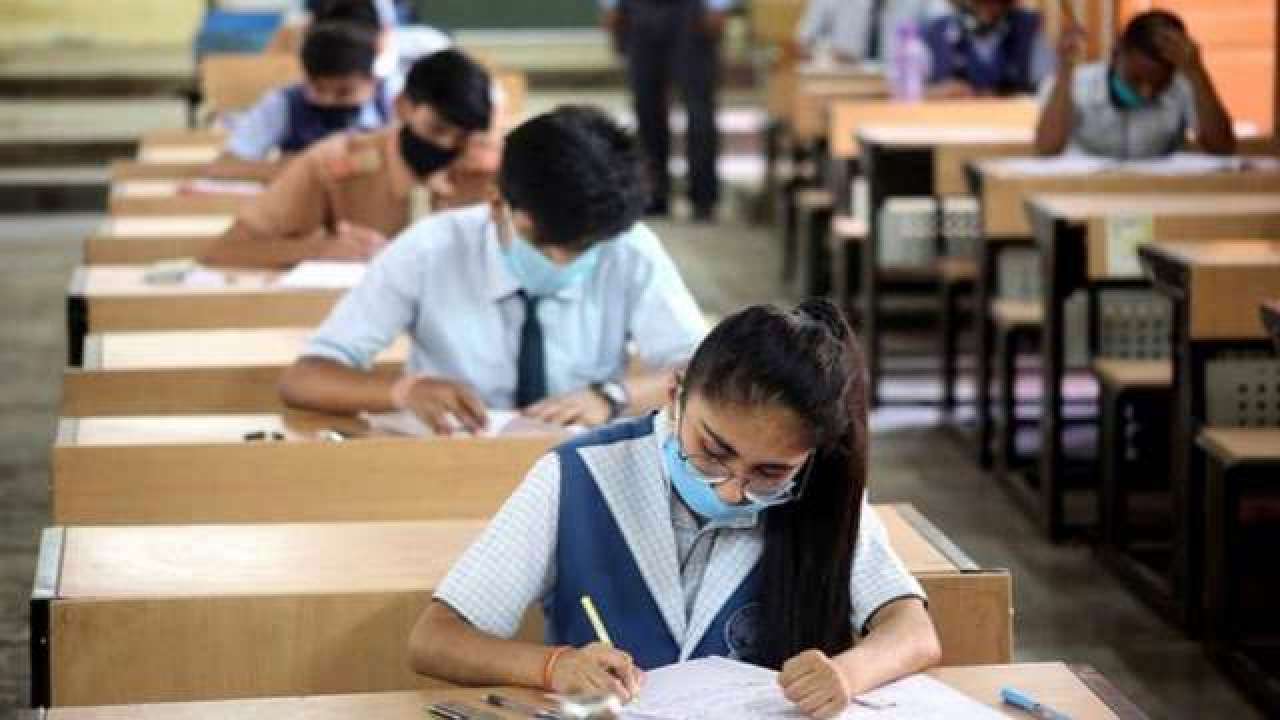CBSE Board Exams 2022: AN INSIGHT
COVID-19 pandemic changed the way the world operated, and the education sector is no exception. Academic sessions 20-21 and 21-22 have been exceptionally unpredictable in terms of mode of instruction, a timeline of syllabus completion, date sheet of examinations, and even the pattern of exams. All these factors have contributed to higher stress levels among students, teachers, and the parent community. The constant change of timelines of examinations can impact the focus of students immensely, as they work towards an end date and then it gets shifted unendingly. In a situation like this, we appreciate the concern and understanding shown by authorities in limiting the syllabus and fine-tuning the exam format to make it tighter and effective.
The Central Board of Secondary Education (CBSE) has announced a special assessment scheme for Classes 10 and 12 for the academic session 2021–22. The decision has been taken after the problems raised in holding board exams in 2020 and 2021. The new CBSE scheme will help tackle the issues of school closures and other problems that arose due to the Covid-19 situation in the country.
Here are the points of note in the CBSE special scheme for 2021-22:
- Till now, CSBE board exams for class Xth and XIIth were conducted at the end of the year, but the board has now announced that the exams will be conducted twice in the academic session 2021-22.
- The academic session will be bifurcated into two terms – Term I and Term II.
- Term I exams are scheduled for November-December 2021. These will be 90-minute Multiple Choice Questions (MCQ) based exams. The Term I exams will cover only the first half of the syllabus. These will be conducted by schools and supervised by external examiners and observers. CBSE will be sending question papers as well as marking schemes to schools to assess and send the results back.
- Term II exams, planned for March-April 2022, will be conducted at exam centres. Currently, CBSE aims to keep Term II examinations as two-hour-long question papers, with different pattern questions like case-based, situation-based, open ended, short answer type and long answer type questions. The inclusion of this format will help students enhance comprehension skills while honing critical thinking, logic application and enhancing their problem-solving ability. Term II exams will cover next half of the syllabus. However, CBSE will opt for a similar format to Term I if “the situation is not conducive for normal descriptive examinations.”
- Internal assessment will also take place throughout the year for the students of Class 10 and Class 12 and will include three periodic tests, exploratory activities and practical work.
How two Board exams will help ensure fair assessment?
If situation remains conducive throughout the year, Class Xth and XIIh students, for the academic year 2021-22, will be assessed based on both the term-end exams. But if it does not, the new format gives four different assessment plans based on whichever scenario persists:
- The theory marks will be distributed evenly between both exams results if the physical term-end exams can be held at the centres.
- The weightage of Term I exam would be reduced for the final score and weightage of Term II exams will be increased if COVID-19 situation at the time of Term I exams forces closure of schools and students have to take exams at home, online or offline, but situation is conducive for Term II exams to be held at exam centres.
- On the other hand, if the situation remains conducive during the Term I exams but CBSE is unable to conduct Term II exams at the centres— “results would be based on the performance of students on Term I MCQ-based examination and internal assessments. The weightage of marks of Term I examination… will be increased to provide year-end results.”
- If CBSE is unable to conduct any of the two exams at the respective schools or centres, the final result will be calculated based on internal assessments and practical exams. The marks obtained by students in Term I and II theory exams taken from home will be “subject to the moderation or other measures to ensure validity and reliability of the assessment.”
The assessment scheme of session 2021-22 aims to find a way to best train and assess students in limited windows on offer, if the COVID-19 situation persists and more waves of the pandemic strike.
CBSE’s new assessment system is a reformist step forward in the direction of reducing academic burden and nurturing innovation in young minds. This shall acclimatize educational institutions for the semester system envisaged in NEP 2020.



